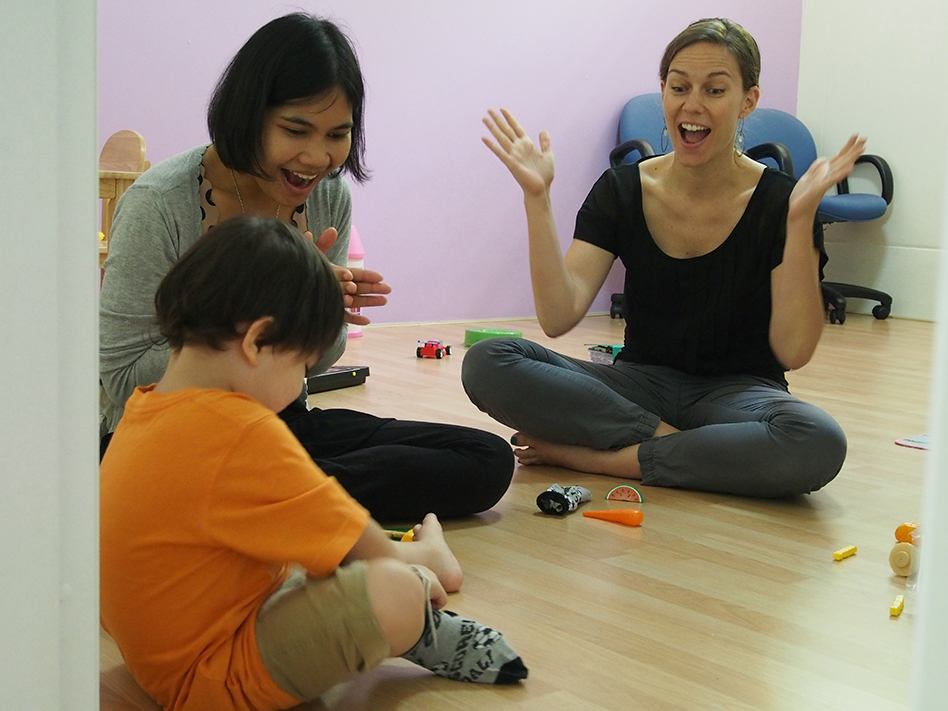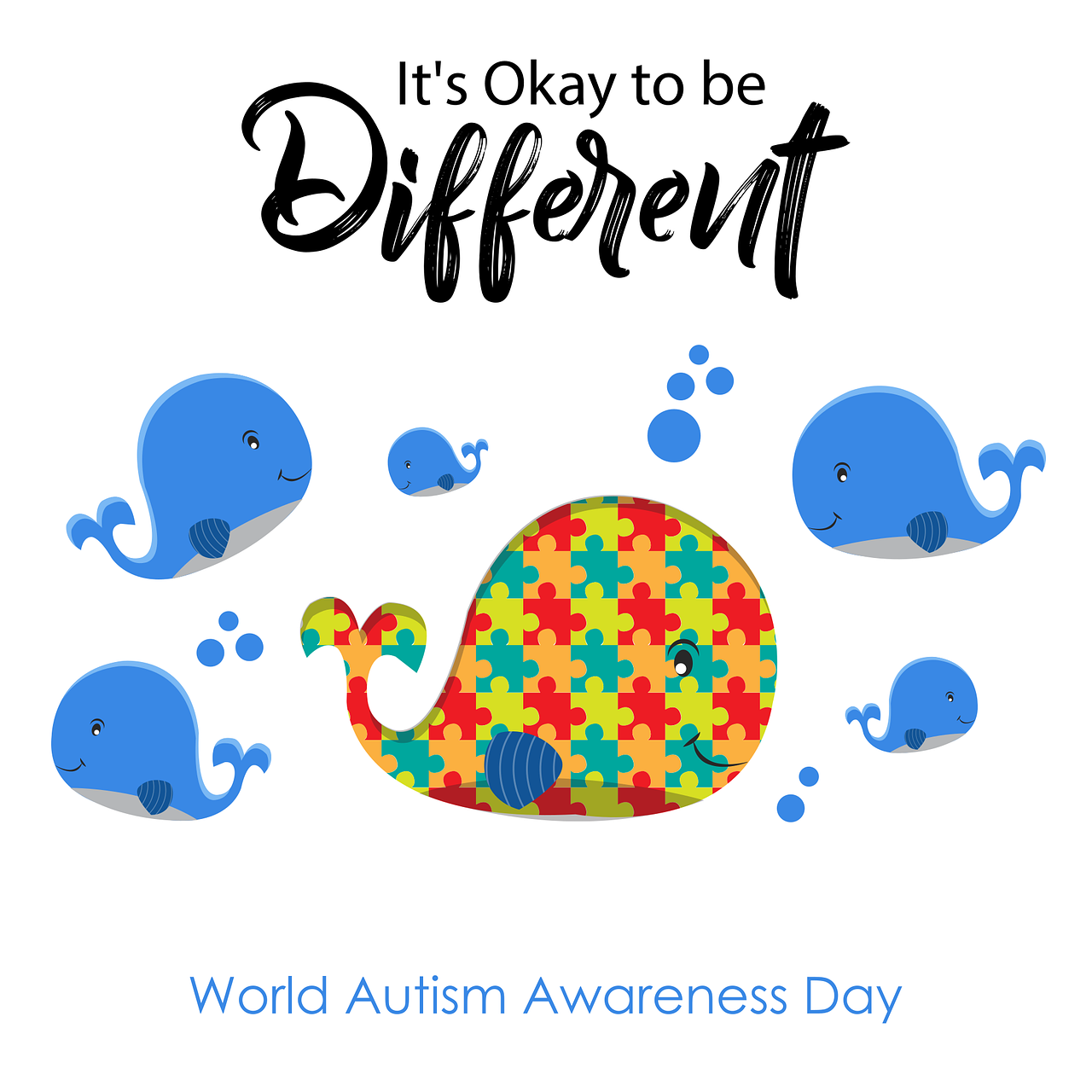Understanding Autism and the beautiful minds it encompasses is a journey that parents, communities, schools, and educators are beginning to embrace—a journey toward greater inclusivity that’s finally becoming commonplace in many schools.
“If you’re always trying to be normal, you will never know how amazing you can be.” — …
Autism is a developmental disorder, and early, professional assessment is pivotal to a child’s developmental and learning path. There’s no need for children on the Autism spectrum to suffer in silence any longer. Early diagnosis means children can receive appropriate treatment at critical developmental stages, allowing them to acquire essential social skills and improved adaptability in social situations. These are invaluable tools that pave the way for greater independence and a reduced reliance on services as they grow older.

Navigating the Diagnosis
When diagnosing autism in children, doctors focus on two main areas:
- Social interaction, both verbal and non-verbal communication.
- Repetitive behaviors, rigidity in behavior, and any signs of nervous system disorders.
Autism encompasses a range of developmental delays, and these signs can vary from being glaringly obvious to incredibly subtle. Sometimes, autism cannot be definitively diagnosed in a single visit, and a comprehensive evaluation requires frequent observation in multiple settings, such as schools and nurseries. Identifying or diagnosing signs of this disorder can be a challenging task. It demands extensive experience on the part of doctors to accurately diagnose and effectively treat children with autism.
Upon receiving the news that their child has been diagnosed with autism, some parents initially enter a state of denial, struggling to accept the diagnosis. At times, they may even share with others that their child has been labeled a “late talker” by the doctor, fearing that their child might face rejection due to the prevailing belief that autism is an exceedingly serious condition. However, as efforts to raise autism awareness continue, some parents recognize the signs and have their children assessed during the early stages of autism. Early diagnosis, coupled with tailored treatment, significantly enhances long-term outcomes, often resulting in near-normal development.

In some cases, families with autistic children may not acknowledge any issues and leave their children untreated. Others may grapple with depression and disappointment, failing to provide their children with appropriate training and developmental stimulation. This missed opportunity can hinder the chances of normal development, leading some parents to seek treatment only when their children are older, making it more challenging to provide appropriate training and stimulation. When autism remains untreated into its later stages, some parents may even have to leave their jobs to care for their children.
A child’s brain undergoes rapid development during the first five years of life. Early intervention for autistic children offers them a chance at normal development, with improvements in oral communication skills and social interactions, along with a decrease in repetitive behavioral issues. Some children with autism go on to pursue higher education and build careers just like their non-autistic peers.
Where To Get Help for Kids With Autism

Seeking assistance abroad for children on the autism spectrum can prove to be incredibly challenging. Thankfully, there are thousands of autism organizations worldwide that provide information, resources, and services. While consulting a physician is always advisable if you suspect your child may have autism, you may also find local organizations in your home country that can offer additional support. Organizations like “Autism Speaks” are instrumental in helping many parents across different communities, connecting them with resources in their respective countries and facilitating support from families facing similar circumstances.





